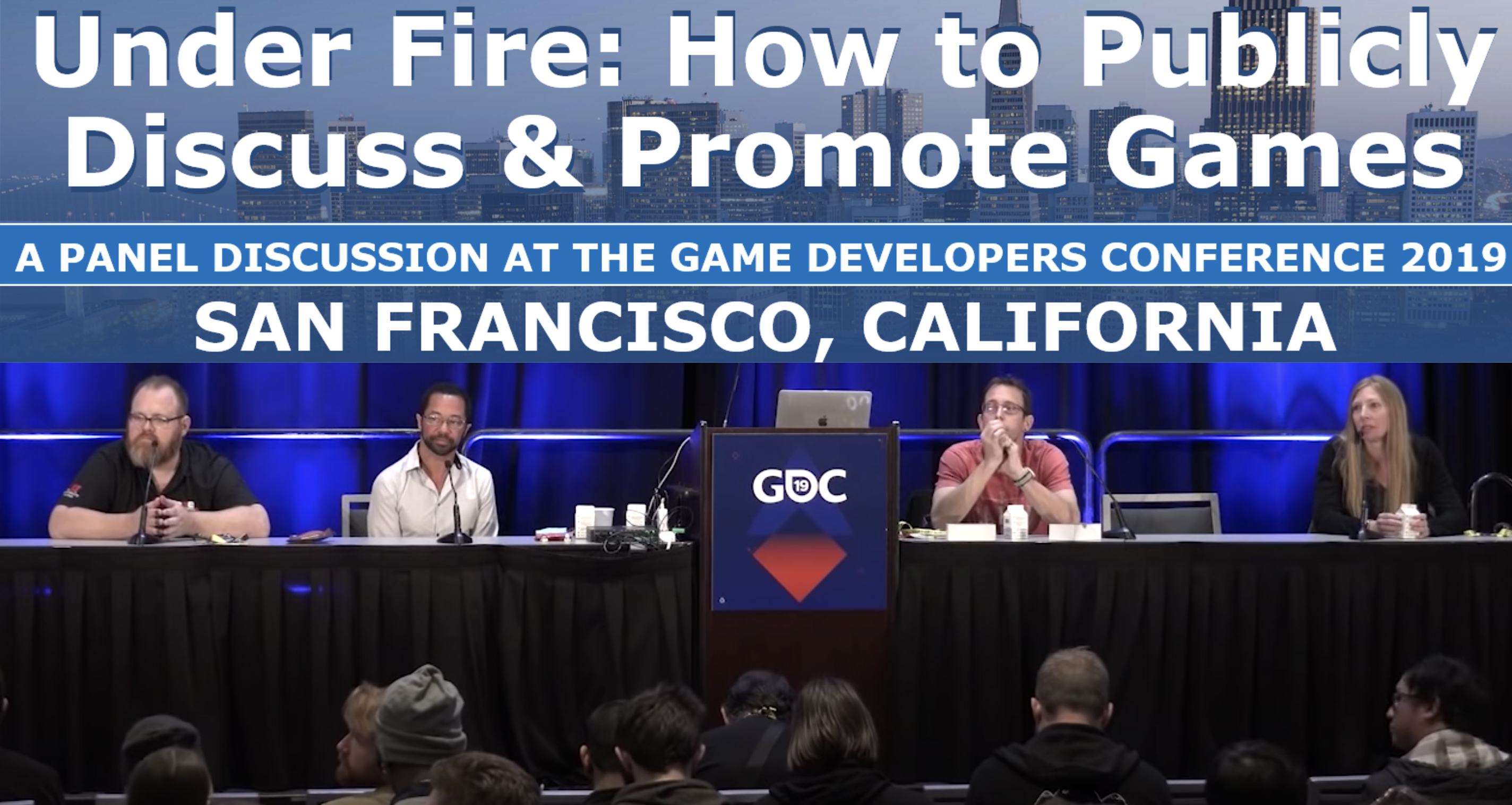Roger's Resources on Games and Health
It can be difficult to find and to synthesize the many articles on how games have a positive impact on us. The following articles are meta-reviews or a study of studies. The authors examine many articles, analyzing and reviewing all the findings to come up with summaries that provide a bird’s eye-view of the state of the research. Oftentimes meta-reviews can help us see the overall picture or trend of research.
1. This extensive report looks at a large number of studies to examine the positive effects games have on the mental health and well-being of children. It focuses on how games have a positive emotional impact, promote healthy relationships and grows social capital, as well as promotes self esteem. It is a great go to resource that offers an easy to use executive summary of all the research. It is an accessible collection of research on how games can be good for children.
Johnson, D., Jones, C., Scholes, L., & Carras, M. C. (2013). Videogames and wellbeing: A comprehensive review. Melbourne, Australia: Young and Well Cooperative Research Centre. Retrieved from https://eprints.qut.edu.au/105915/1/2013%20CRC%20Report%20Videogames_and_Wellbeing.pdf
2. Rather than seeing games as a pastime, this study published in the American Psychological Association's (APA) top journal, American Psychologist, provides a meta review of many articles indicating videogame play (including games labeled as violent shooters) may strengthen a range of cognitive skills such as spatial navigation, reasoning, memory and perception, along with other positive benefits.
“Video Games Play May Provide Learning, Health, Social Benefits.” https://www.apa.org. Accessed March 19, 2019. https://www.apa.org/news/press/releases/2013/11/video-games.
3. It appears unlikely that a single variable governs or causes problematic videogame play in children. From in-game assets to game timers to parental supervision to the weather all affect how children interact with games. Nonetheless, good theoretical and empirical work is being done to understand both why children start and keep playing games as well as what might cause problematic gaming behavior.
Van Rooij, Antonius J., Rowan Daneels, Sien Liu, Sarah Anrijs, and Jan Van Looy. “Children’s Motives to Start, Continue, and Stop Playing Video Games: Confronting Popular Theories with Real-World Observations.” Current Addiction Reports 4, no. 3 (September 1, 2017): 323–32. https://doi.org/10.1007/s40429-017-0163-x.
4. This paper offers a meta-analysis of 54 serious digital game studies for healthy lifestyle promotion findings that serious games have positive effects on healthy lifestyles. Long-term effects occurred for all aspects measured other than behavior change, which is notoriously hard, on only need to look at dieting or smoking cessation as an example.
Information, National Center for Biotechnology, U. S. National Library of Medicine 8600 Rockville Pike, Bethesda MD, and 20894 Usa. A Meta-Analysis of Serious Digital Games for Healthy Lifestyle Promotion. Centre for Reviews and Dissemination (UK), 2014. https://www.ncbi.nlm.nih.gov/books/NBK291801/.






